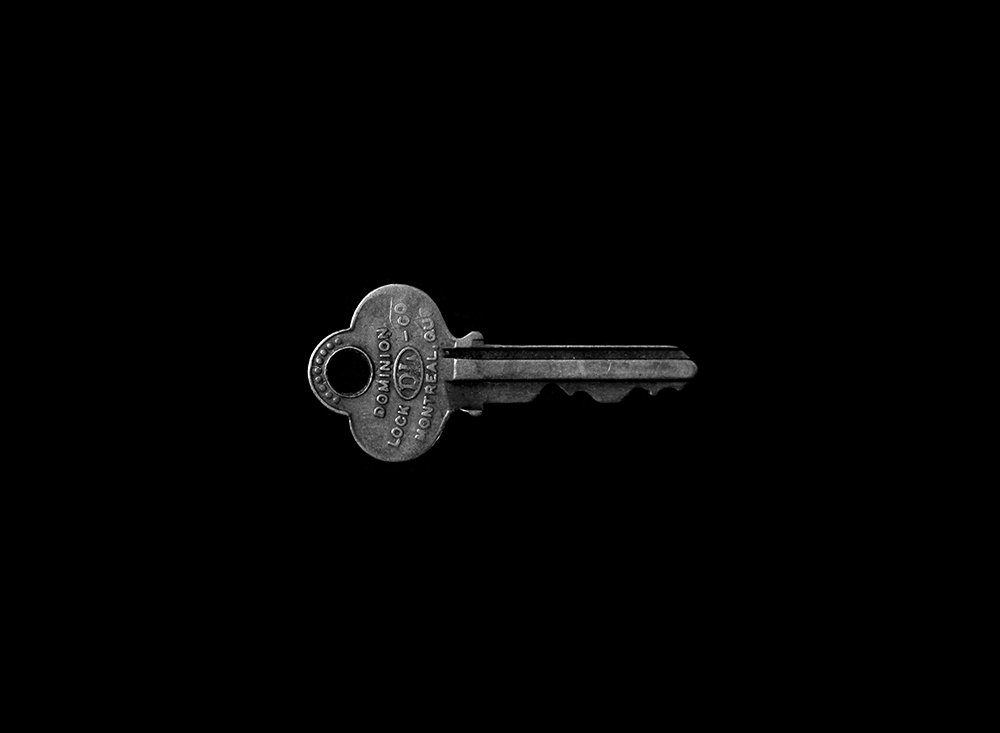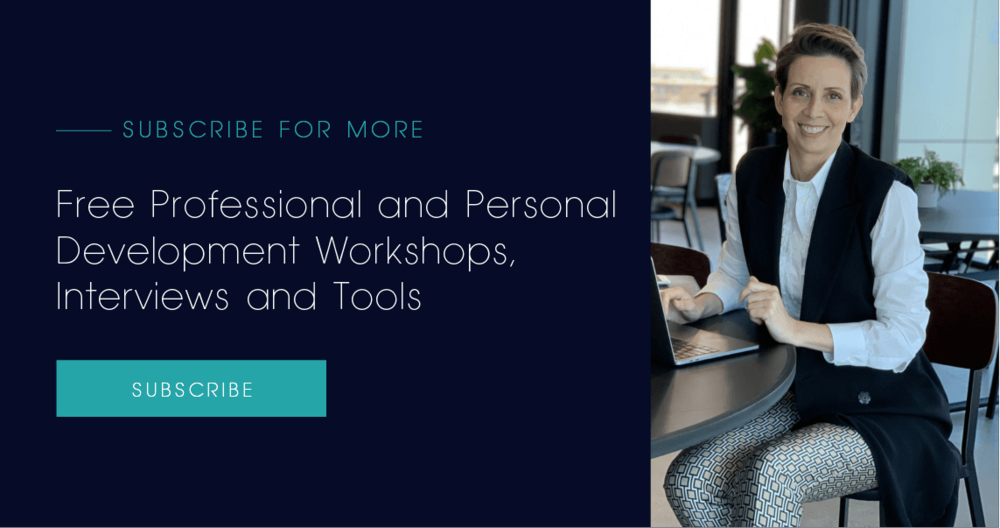What I learned from crime about trust
I stood at the front door ready to knock, clipboard in hand, quietly confirming to myself my preparation was complete. It was my first day. My manager stood beside me, smiling with encouragement. The father answered, apologising while ushering us in. His teenage son wasn’t home, he didn’t know where he was. With my manager’s reassuring glance, I proceeded with the interview. I would return later to meet with his son.
An hour later we left, my satisfaction was palpable. Being invited into a stranger’s home to talk about a crime his son had committed and the harm caused, and to prepare his son to meet with the victim of his crime, was, in my world, an unusual thing to do. This was the first day of a new normal.
My manager asked me how I thought I went. I read down my checklist, nodding as I mentally ticked things off, pretty good for a first go. She offered encouraging feedback.
And then she said a few simple words that, for me, shifted the world on its axis.
“You could try a little more small-talk.”
Until then I thought business was business and everyone saw the world the way I did. Get in, discuss the facts, agree the outcomes, create a plan to get there and get on with it.
To be honest, I was really bad at small talk, actually not even interested.
My manager pointing out to me, on that otherwise unremarkable day, that not everyone wants to get down to business the way I do, inspired what has become a life-long desire in me. To understand the nuanced differences in what builds and breaks trust for people.
Of course there are some fundamental things we all relate to when it comes to growing trust, like feeling respected and keeping promises. But there are also subtleties in language and behaviour that impact how well we build trust with different people.
Many people find it challenging to stop, think and adjust their communication, even though it would elicit a more favourable response in another.
Nowhere is it more evident that people need different things to feel trust than in business. A group of people spending most of their day together, who may or may not otherwise do so if it wasn’t for the need for food and shelter.
As we navigate our day mostly on auto-pilot (approximately 70% of the time according to neuroscience), we naturally connect with some people, and with the very same language and behaviour can leave others feeling undervalued, disrespected, excluded, or the complete opposite – micro-managed, under-utilised and bored.
It’s a simple philosophy but most people simple find it challenging to stop, think and adjust their communication or behavioural style, especially in moments of high pressure, even though it would elicit a more favourable response in the person they are relating with.
As I discovered that day from my manager, small talk can go a long way to building trust with someone who values it, even though it can leave me feeling restless.
If trust reduces stress, increases engagement and productivity, enables enables collaboration and unlocks innovation (which it does according to Paul Zak, author of The Trust Factor),as leaders and managers, it makes sense to understand the differences in how to build trust with individuals, rather than assuming it’s the same for everyone.
If we relate with the world, and those around us, from the way we see it, we limit the potential and satisfaction of people who rely on us for guidance, development and achievement.
Taking the deep dive into self-awareness is the first step to understanding what drives another, brings out their best and shuts them down.
My coaching to leaders, managers and teams when developing their ability to build trust to increase results is:
Know you first
a. What builds and breaks trust with you?
b. What pushes your buttons and why?
c. What restores your trust when it’s broken?Get to know them
a. What builds and breaks trust with them?
b. What pushes their buttons?
c. What supports their creativity? How do they work best?Share and compare with each other
a. You go first – what builds/breaks your trust?
b. Ask them to share – what builds/breaks their trust?
c. What changes can you make in your working relationship from this new understanding?
We learn that trust takes time to build and can be broken in an instant. That may be true, but trust can also be built quickly when we know how.
To achieve new results, we need to retire our sweeping standard approach to building trust and become fluent in the language of what’s meaningful to another.
Like cracking a safe, it’s the subtle nuances that unlock true potential.
In trust,
Karen.



